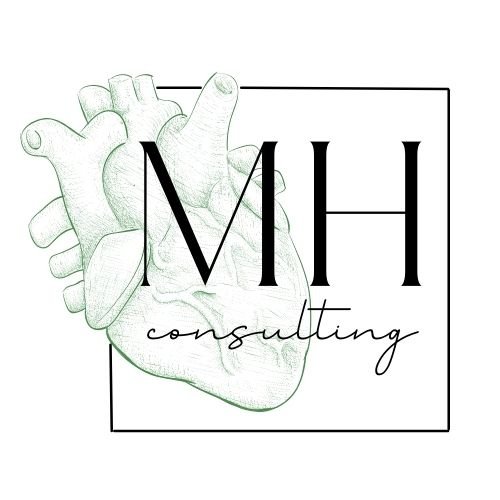Ways to Bond with God
Cultivating a strong connection with God takes time and intentionality. Looking at past patterns of attachment can help us understand how we’ve learned to connect with God. Bonding with God can feel especially challenging if our attachment to our primary caregiver was insecure. When neglect or abuse marks our earliest years, connecting to God can feel unsafe.
Many of the ways we’ve learned to connect with God are a result of the ways we grew up relating to our caregivers. The author of The Shack, William Paul Young says, “it took me 50 years to wipe the face of my father off the face of God.” If we’re really honest, and allowed ourselves to remove the “shoulds” of religion, we might find that our hearts are not aligned with the beliefs we profess to have.
In my Podcast Eavesdropping episode 32, “Ways to Bond with God,” Rachel Hughes, friend and fellow life-consultant, shares a tool that can be helpful for her clients. She tells them, without a filter to, “write out everything you’re mad at God about. All the ways you feel hurt by God and all the ways you feel like God has ruined your life.” After her clients write out these beliefs, she asks them, “how many of these things could be said to your mom or dad?” It’s always a surprise to clients to find how much their beliefs about God align with how they feel about their primary caregivers.
A secure relationship with God looks like:
Feeling comfortable with closeness.
Trusting that you’re valuable and worthy in the relationship.
Communicating openly and honestly.
Feeling safe to use your voice.
Needing God and being independent. Interdependence.
Being vulnerable and sharing your heart.
God being vulnerable with you.
Do these concepts feel foreign or unfamiliar? Do you desire to experience these things in your relationship with God? Try journaling about what feels safe and what doesn’t. Do you see any correlations between how you relate to God and how you relate to your primary caregivers?
If we healthy vulnerability and secure attachment were not modeled to us, vulnerability can feel excruciating. One of the fallacies of the healing journey is that we’ll become so healthy and so whole that we’ll no longer need vulnerability, but vulnerability is a beautiful part of our humanity. Jesus engaged in vulnerability. He was never above vulnerability. Rachel says, “The core of our souls are healed with an unconditionally loving relationship with God, ourselves and with others.”
If the way we bonded with our caregivers wasn’t secure, we may have developed some protectors which we bring into our relationship with God. If we learned to protect ourselves through avoiding our parents, running away from them or trying to make them happy through performance, this same pattern will most likely be mirrored in our relationship with ourselves, God and others.
During the podcast Rachel shared her experience with God. “God feels consistent love toward me. His feelings toward me don’t change.” Rachel says, “I’ve experienced God as a God who’s with me, more than a God who wants something from me.” I used to worship and read my bible to please him. After experiencing God's unconditional love for me, I no longer read my bible, worship God and connect with him out of performance, but out of knowing He is ok with me and he likes me”.
Here are a few ways Rachel and I have enjoyed bonding with God :
Visualizing God in front of you looking into your eyes.
Picture God holding your hand. How would it feel to have his hand in yours?
Walking with God.
Creating.
Breath work and practicing staying present in your body.
Asking God, “hey, how are we going to do this together?”
.
Here are some ideas to bond with God and yourself and with others
Fun.
New experiences together.
Practicing vulnerability. Allowing safe-enough people to see your needs.
Challenges: overcoming something together.
Being present.
What are some of the ways you bond with God and others?
“The antidote to so much of life's suffering is the presence of someone,” says Rachel. The aspect of aloneness to a painful situation is what can make something that’s painful feel unbearable. God knew that what we needed the most was his presence.
Even when Adam had God in the garden, God said it is not good for man to be alone. We don’t just need God, we also need people. A secure attachment with God and others starts with you. If you weren’t given the tools to build a secure attachment with your parents, having a secure attachment with God will take time, patience, little steps and consistency, but it is possible.
There’s not a “right” way to connect with God. We’ve just shared some of what has worked for us. Your process is beautiful just as it is. If you have ways to connect with God, others and yourself we’d love to hear! Leave a comment or reach out via melaniehuggard.com.
We hope you are able to tap into compassion for yourself. There’s no right or wrong in how you experience your relationship with God. We hope you feel inspired to cultivate safety in the Presence of a God who loves you and likes you.

